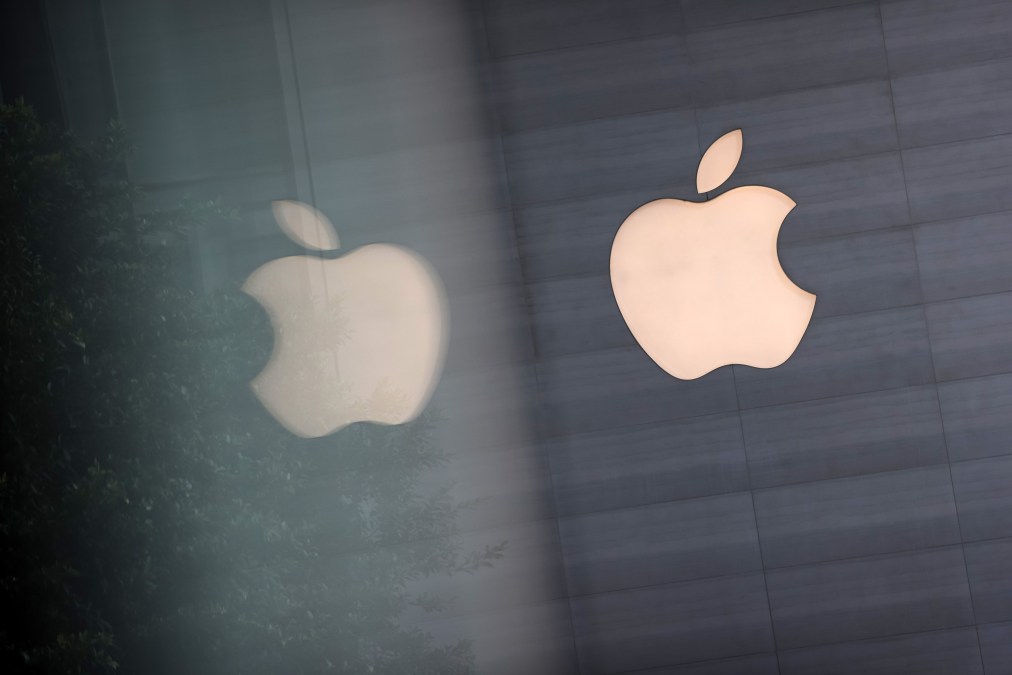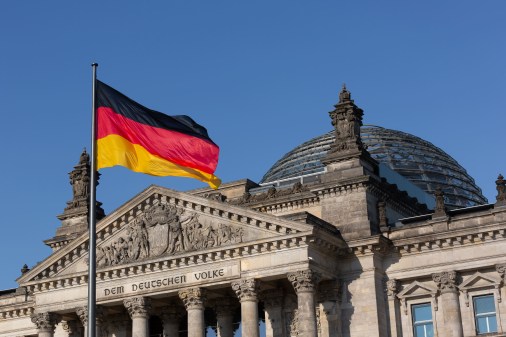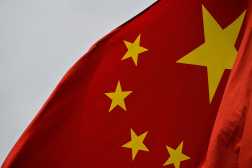UK abandons Apple backdoor demand after US diplomatic pressure

The United Kingdom has withdrawn its demand that Apple create a backdoor to its encrypted cloud systems following months of diplomatic pressure from the United States, according to a statement from Director of National Intelligence Tulsi Gabbard.
Gabbard announced the decision Monday on X, stating that the U.S. government had worked closely with British partners “to ensure Americans’ private data remains private and our Constitutional rights and civil liberties are protected.”
The reversal marks a significant development in the ongoing global debate over government access to encrypted communications and represents a victory for American officials concerned about protecting U.S. citizens’ digital privacy rights.
The British government’s original demand came through a technical capability notice issued in January 2025 under the country’s Investigatory Powers Act. The order would have required Apple to provide blanket access to end-to-end encrypted cloud data, including information belonging to users outside the United Kingdom.
Apple responded to the British demand by disabling its Advanced Data Protection feature for U.K. users in February 2025. The feature provides end-to-end encryption for iCloud data storage, making it inaccessible even to Apple itself.
The company expressed disappointment with the requirement, stating it had never built backdoors into its products and never would. Apple subsequently appealed the order’s legality through the Investigatory Powers Tribunal, which denied the British government’s attempts to keep the proceedings secret.
“We are gravely disappointed that the protections provided by ADP will not be available to our customers in the U.K., given the continuing rise of data breaches and other threats to customer privacy,” Apple said at the time.
American lawmakers had expressed significant concern about the U.K.’s encryption demands. In February, Sen. Ron Wyden, D-Ore., and Rep. Andy Biggs, R-Ariz., wrote to Gabbard arguing that forcing Apple to create backdoors would “seriously threaten the privacy and security of both the American people and the U.S. government.”
The lawmakers noted that Apple does not create different encryption software for different markets, meaning any backdoor created for British authorities would potentially affect American users. They suggested the U.S. should reconsider its cybersecurity and intelligence-sharing arrangements with the U.K. if Apple were forced to comply with the demands.
The dispute echoes previous conflicts between Apple and government authorities over encryption access. In 2015, Apple engaged in a prolonged legal battle with the U.S. government over providing access to an iPhone belonging to a terrorist who carried out the San Bernardino attack. The FBI ultimately gained access through a third-party vendor after Apple refused to create custom software to bypass the device’s security.






